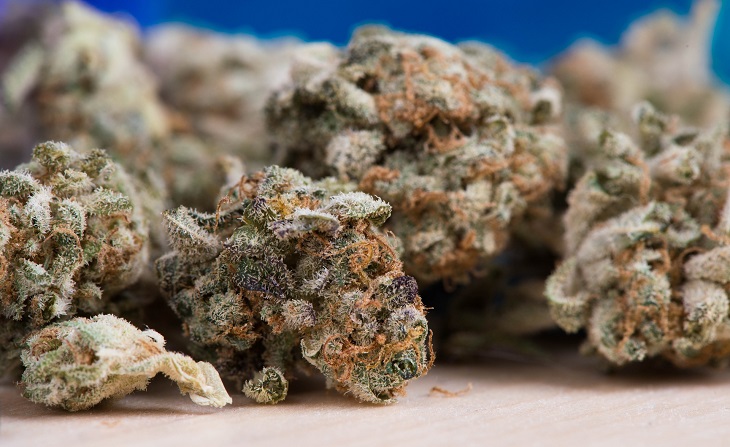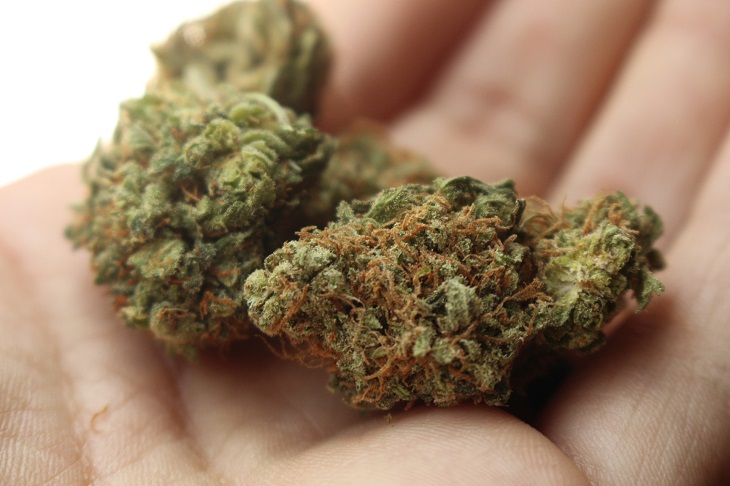Medical marijuana is something that suffers from a lot of stigma. While it offers real treatment to many patients who suffer from a variety of conditions, it is the victim of misinformation from people who believe it to be nothing more than a legitimized street drug. The truth is that medical marijuana helps people who need it most and the most common myths can be easily dispelled by common sense and evidence.
1. Patients are Addicts
This myth is often spread by people who have little experience in the conditions that can be helped by medical marijuana. Many people use medical marijuana, including people suffering from cancer, multiple sclerosis, HIV/AIDS, depression, anxiety, and a range of other conditions. These people are not addicted to their treatment but need it to keep them well so they are not debilitated by the symptoms of their conditions, some of which can be overwhelming. We don’t say that patients being treated by mainstream pharmaceuticals are addicts, so why should we do it to MMJ users?
2. MMJ Encourages Teens to Use Marijuana
Medical marijuana is only prescribed to children and teenagers when they really need it, such as when they are suffering from debilitating seizures or nausea. Doctors who advise patients to take medical marijuana do so when they know that it will vastly improve the quality of their lives. Medical marijuana is not a dangerous and recreational drug, but a legitimate treatment that allows all patients, including teenagers, to be able to better manage their symptoms. It is simply untrue to say that medical marijuana is pushing teenagers into drug use when it is allowing them to live better lives.

Image by Michael Moriarty from Pixabay: There has been so much stigma surrounding medical marijuana that it can be hard to distinguish truth from myth.
3. Medical Marijuana is a “Gateway Drug”
This is another myth that treats medical cannabis differently to other drugs and treatments. Due to marijuana being illegal in the past, many people do not believe in its ability to treat symptoms of various conditions and assume that people who use medical marijuana will be encouraged to use hard and illegal drugs such as heroin or cocaine. People who use medical cannabis are not seeking a high, so are not likely to move onto hard drugs in order to chase that high. Patients are not taking medical marijuana for fun, so linking it to hard and illegal drugs is completely invalid.
4. Patients Must Smoke MMJ to Experience Positive Side Effects
There are so many ways to ingest medical marijuana and most people who take it do not smoke it. When you go to a dispensary, they will be able to advise you on a range of different forms of medical marijuana. You can eat MMJ in the form of edibles such as candies, cookies, and brownies, and you can use lotions and other topical products to absorb it through your skin. You can also use tinctures and oils to ingest it orally, as these forms are only the tip of the iceberg. You have so many options when it comes to taking MMJ that you’ll soon realize how ridiculous this myth is.

Image by Stay Regular from Pixabay: As MMJ becomes more widely used, more people are realizing that the stigmas surrounding it are untrue.
5. Patients Use MMJ to Get “High”
Just like how people who take prescription painkillers in a legitimate and medical environment are not looking to get high, medical cannabis patients are not seeking recreational effects from their treatment. Patients seek all kinds of treatments for their conditions, but the end goal is always the same. They just want to feel better and to live the best life they can alongside the conditions that they have to live with. Conflating recreational drug use and medical treatment is not helpful and discourages patients from seeking help.
6. There Are No Proven Medical Benefits of MMJ
Medical marijuana has been shown to help patients who suffer from a range of conditions. It helps people with depression, anxiety, and other mental conditions to feel calmer. It helps cancer patients and those suffering from HIV/AIDS to fight their debilitating nausea. It also helps people with tremors and seizures to manage their symptoms so they don’t have to be constantly aware and suffering their symptoms. People with wasting illnesses can also have their appetites improved by medical cannabis. In short, there are many ways in which MMJ has been shown to help people, and research is constantly continuing and evolving.
If you need help finding out more about medical marijuana, it’s easy to gain access to an MMJ letter from a doctor who is expert in the area. Then you will be able to visit a dispensary and gain access to the treatment that you need in the form that works best for you. Medical marijuana can’t cure your condition, but it can help you manage the symptoms so you can live a happier life.
